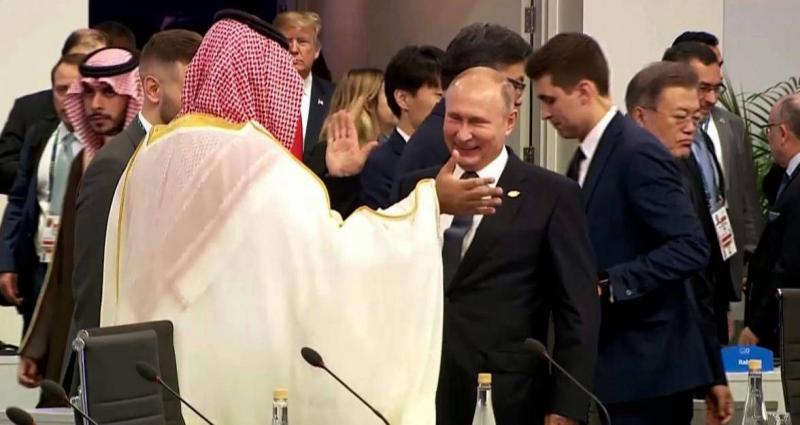In March 2022, the United States and the European Union froze nearly $300 billion of Russian-owned assets. Since then, U.S. and European officials have been trying to find a way to legally seize these funds. In this context, independent expert Andrei Suzdaltsiev told "Arguments and Facts": "Seizing frozen Russian assets will harm the Western countries themselves." He added, "While the loss of frozen assets is painful for Russia, it is not critical; it would be a complete disaster for the Gulf countries and some other nations; they simply wouldn’t survive such a blow."
Thus, Saudi Arabia threatened to sell the European debt securities it holds and withdraw funds if the G7 countries decide to seize the frozen Russian reserves, as reported by Bloomberg. At the same time, both Washington and Brussels fear a chain reaction, as other countries might follow Riyadh's lead. The concerns of Western officials are justified.
"Seizing our assets will deal a serious blow to the economies of Western countries. Third countries will engage in large-scale sales of U.S. and European securities in an attempt to withdraw their funds from unreliable jurisdictions.” In fact, an alternative financial system will form without the involvement of Western nations and outside their control, and trust in the dollar and euro will sharply decline.




